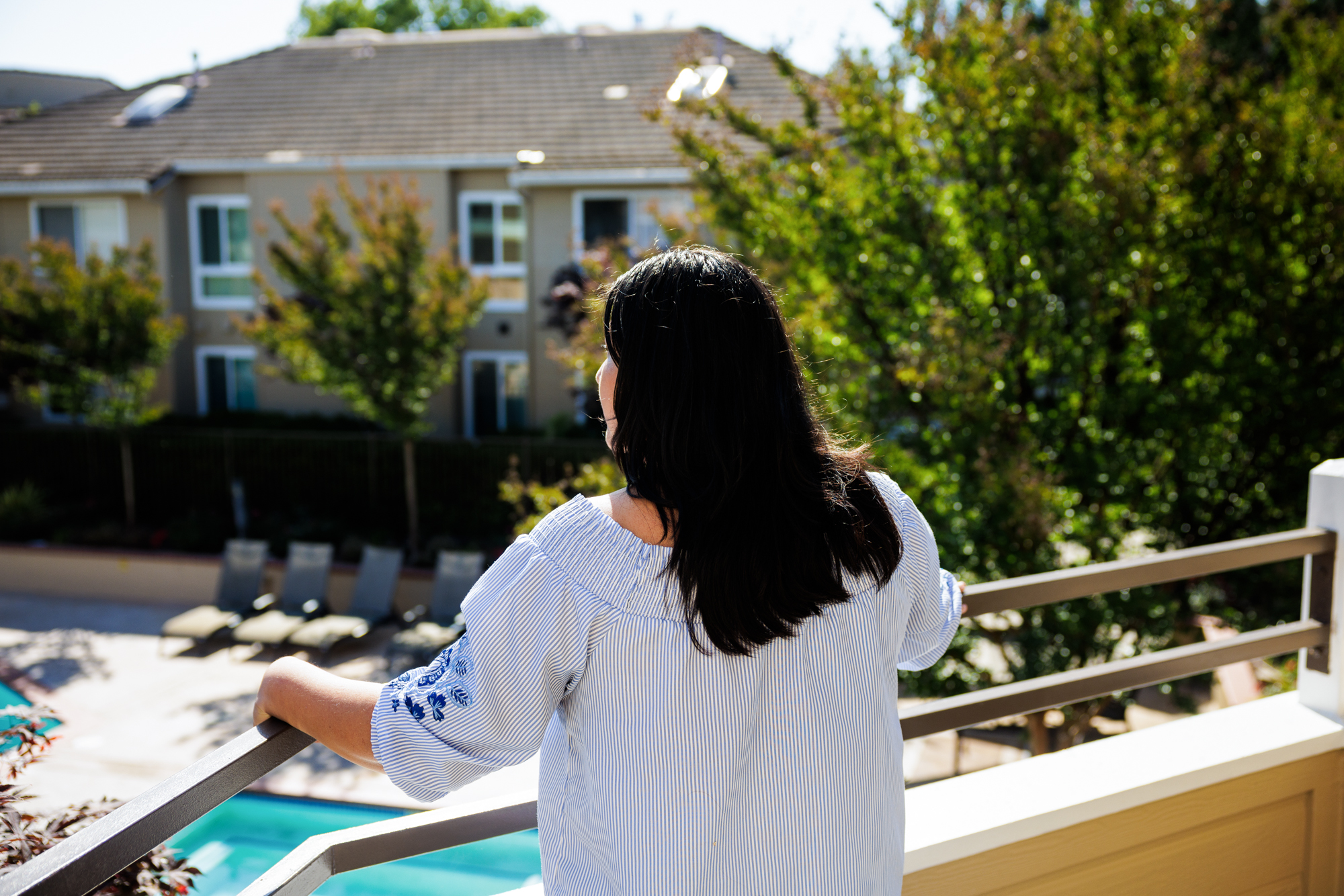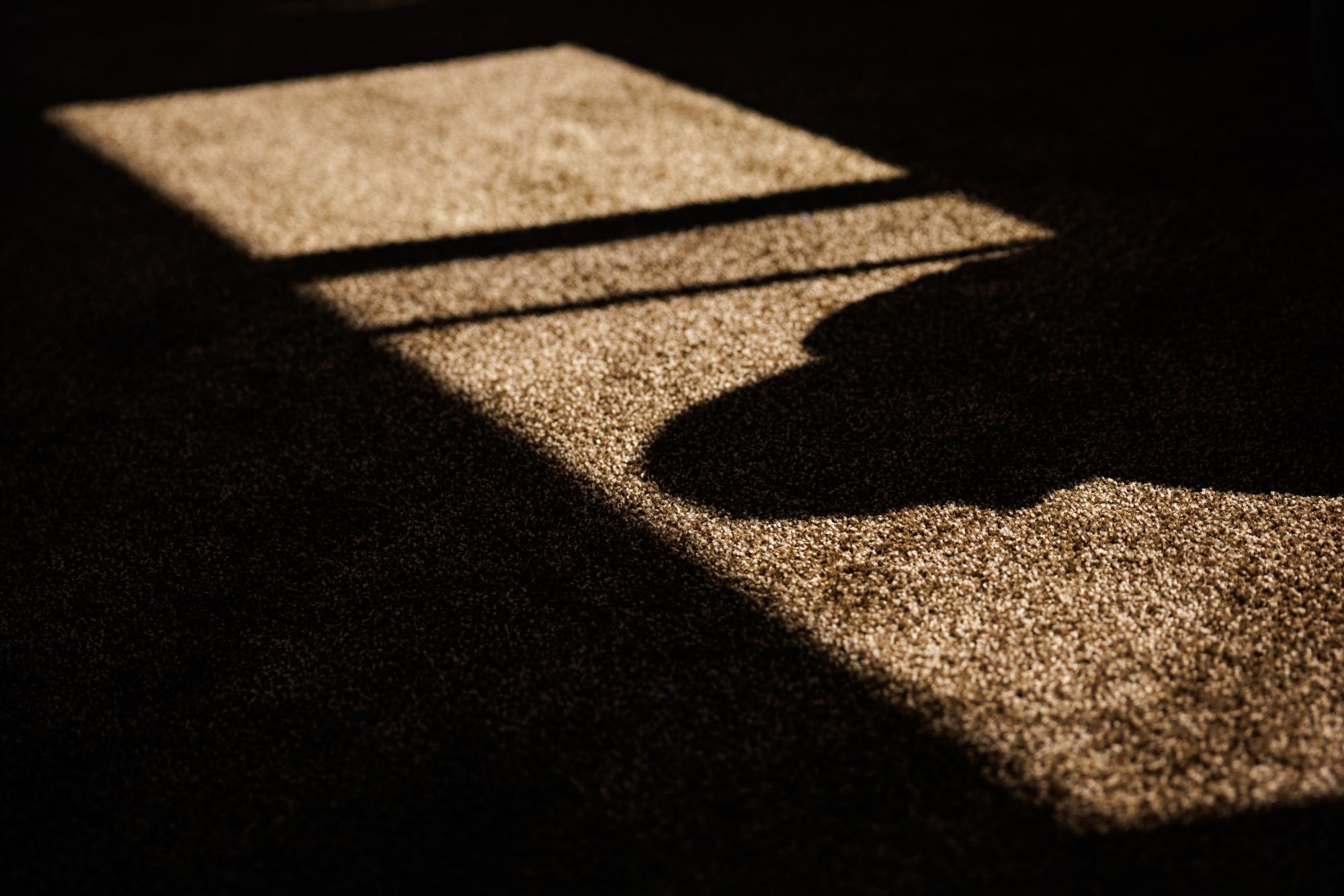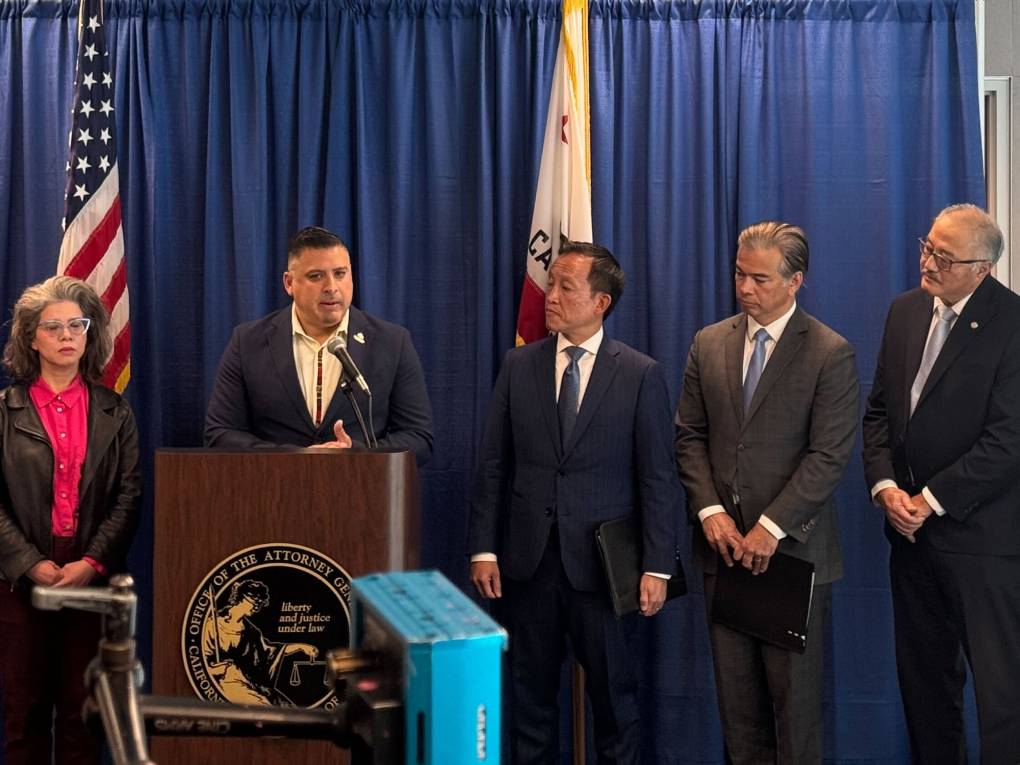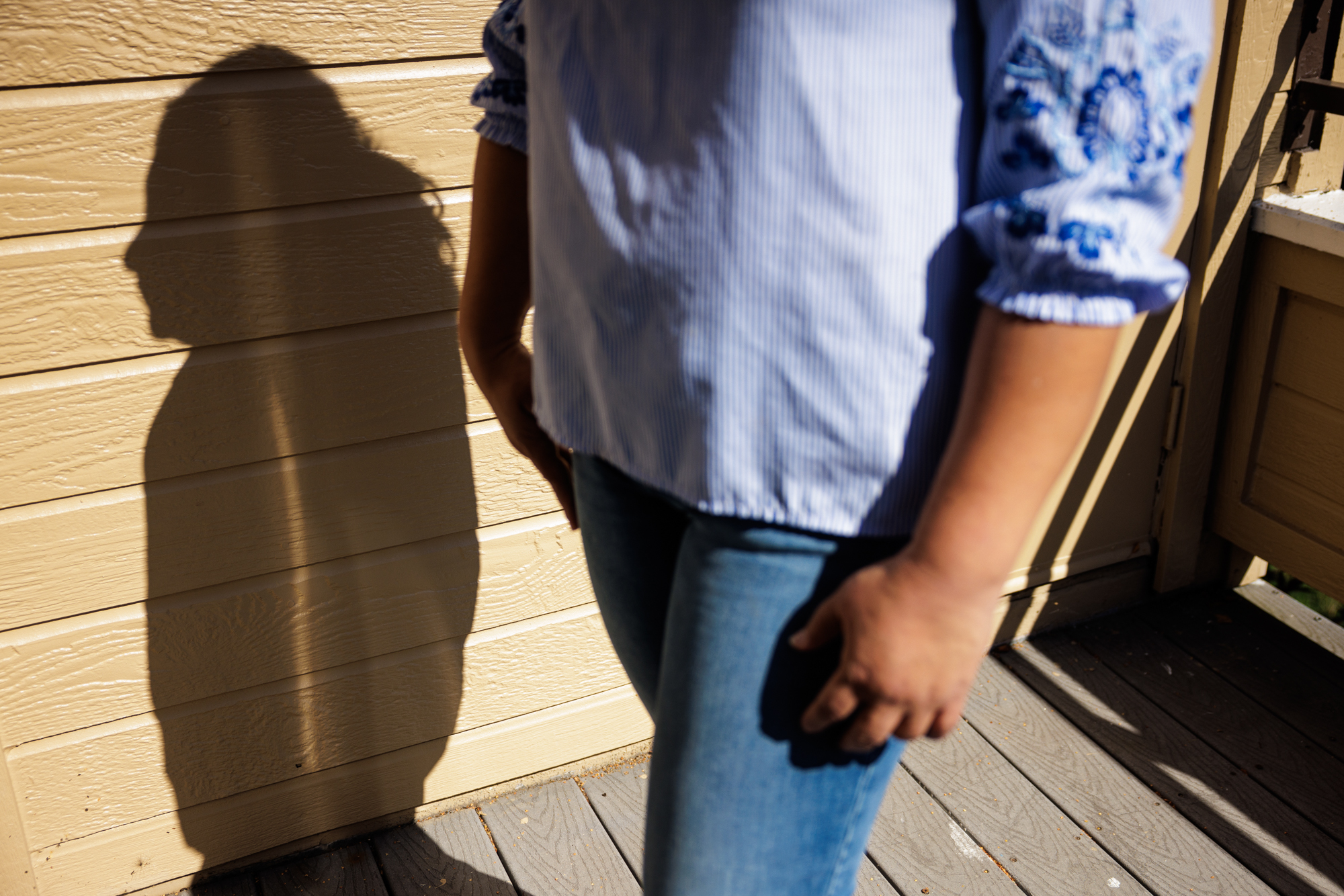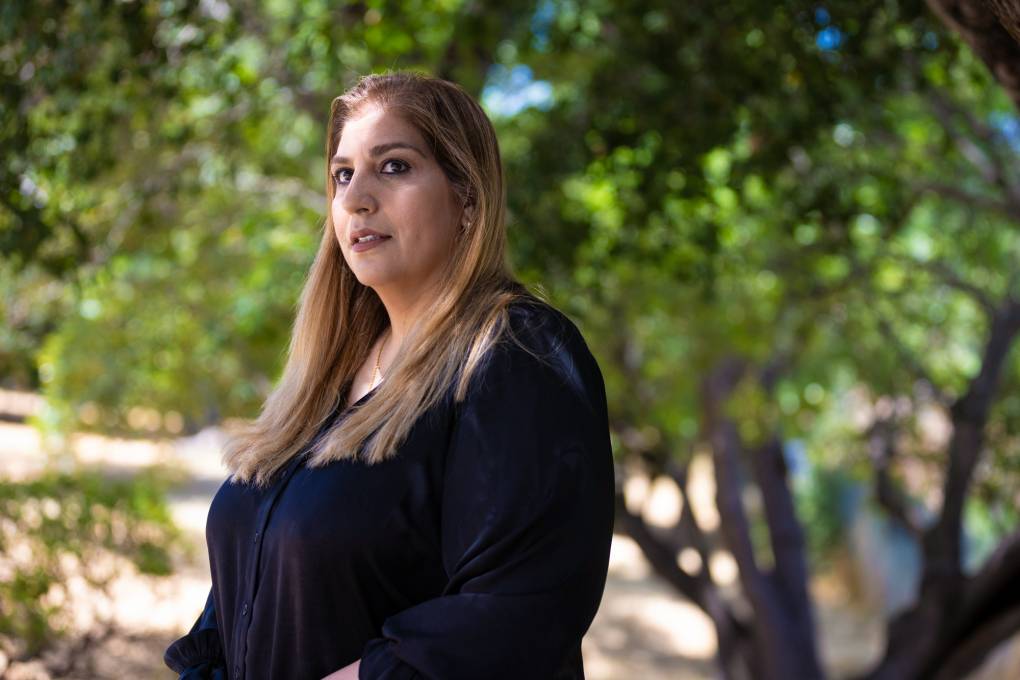In April, a federal judge in Massachusetts halted the parole terminations, and an appeals court declined to reverse that decision. But in late May, the Supreme Court ruled the government can start revoking parole while the case, Svitlana Doe v. Noem, plays out in court. The next hearing is July 29.
Sung called the revocations unprecedented, and added that she considers them part of a plan by the Trump administration “to de-legalize people here lawfully to advance its anti-immigrant agenda.”
In a statement June 12, Homeland Security spokeswoman Tricia McLaughlin called the CHNV parole “disastrous,” saying the Biden administration had poorly vetted parolees and suggesting those admitted were responsible for “chaos” and crime.
“Ending the CHNV parole programs, as well as the paroles of those who exploited it, will be a necessary return to common-sense policies, a return to public safety, and a return to America First,” McLaughlin said.
A different observer, award-winning Venezuelan journalist Boris Muñoz, who’s a former New York Times editor and UC Berkeley journalism lecturer, has seen the impact of the parole — and its termination — up close.
Muñoz came to the U.S. on a fellowship, but as then-President Hugo Chavez consolidated power in Venezuela, Muñoz decided it wasn’t safe to go back. He has since become a U.S. citizen, and he’s watched over the years as other Venezuelan journalists flee the growing repression in their country.
The CHNV parole offered them a legal way to get here. And the crackdown on press freedom in all four countries covered by the program is well documented.
“In particular for journalists, it’s crucial,” Muñoz said. “Because they cannot live in their countries.”
But he added that the journalists who arrived with parole are now in limbo, as their work permits are canceled and the possibility of deportation looms.
“I think it’s a cruel measure that’s not addressing the promise Trump made to clean the country of criminals,” he said. “These people are not criminals.”
Looking for sanctuary in California
Leaving her office in Florida one afternoon in February, in the early weeks of the Trump presidency, E. said she saw U.S. Immigration and Customs Enforcement agents rounding up immigrants on a nearby avenue and loading them onto buses.
She had thought that with the protection of parole, she had nothing to fear from ICE. Now she realized that she could be next. E. felt hunted again, as she had in Nicaragua.
“I thought, ‘I can’t stay here,’ and I called some friends in California,” she said.
They told her they thought she’d be safer if she joined them, because California’s sanctuary laws prevent local police from helping ICE with immigration enforcement.
So E. uprooted once more, arriving in the Bay Area with nothing. She said she slept on friends’ couches until she found the apartment in Concord. And she landed a supermarket job to pay the bills while she looked for work in her field.
But she recently received the DHS letter canceling her parole and her work permit.
The prospect of deportation is terrifying, she said, fighting back tears, because she expects she would be imprisoned, as others have been.
“If you ask me if I fear going back to my country, the answer is ‘Yes,’” she said, fighting back tears. “I’ve never been scared in my life. I’ve always been strong and brave. But I’ve seen what they’re capable of. I’ve seen people who were tortured, who were held in deplorable conditions. I don’t want to suffer. I don’t want my children to suffer.”
With Arya’s help, E. applied for asylum so, if normal rules apply, it’s unlikely she’ll be deported any time soon. But Arya says the revocation of parole means the promise of protection has been broken.
“It’s fundamentally unfair,” she said. “It’s not how our immigration system has ever worked. And we’re entering a new era where the government thinks they can do that. And it’s a very scary door to open and walk through.”
For now, E. has plans to furnish the apartment. She should eventually get a work permit through her asylum application. And if she wins the asylum case, as Arya thinks she will, E. will eventually be allowed to bring her children here, though that could be years off.
And she wants to work for a just society, she said, whether for Nicaragua or here in the U.S.
“I want to help,” she said. “That’s what I’ve always done. And one day, I will be doing it again.”
